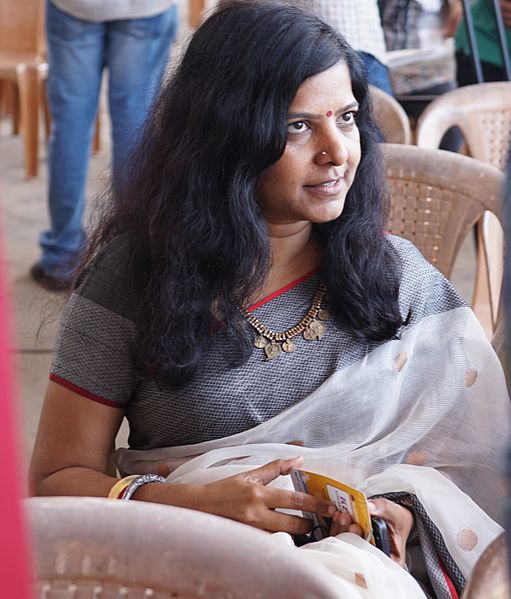Few knew the Toronto-based filmmaker Leena Manimekalai till a few days ago. Now, she is a well-known person in India—and also abroad among Indians. Not because of talent; she hasn’t made a masterpiece that will be remembered for a long time. She is famous because she has blasphemed against Goddess Kaali.
Her documentary Kaali was shown at the Aga Khan Museum in Toronto.
“The Aga Khan Museum in Toronto has said it ‘deeply regrets’ causing offence to members of the Hindu and other faith communities and has removed the presentation of the documentary Kaali, after the Indian mission in Ottawa urged the Canadian authorities to take down all ‘provocative material’ related to the controversial film,” PTI reported.
The documentary might have been removed after the Indian High Commission in Ottawa complained against it but it is unlikely that it was done because of the complaint. It is also unlikely that the Aga Khan, who has roots in the Indian subcontinent, would like to have waded into this ugly row.
Unsurprisingly, the museum tried to assuage the feelings of the Hindus who were hurt by the documentary. Toronto Metropolitan University’s project presentation was hosted once at the Aga Khan Museum on July 2, 2022, in the context of the Museum’s mission to foster intercultural understanding and dialogue through the arts, it said in a statement.
Respect for diverse religious expressions forms an integral part of that mission. The presentation is no longer being shown at the Museum, it said. “The Museum deeply regrets that one of the 18 short videos from ‘Under the Tent’ and its accompanying social media post have inadvertently caused offence to members of the Hindu and other faith communities,” it added.
The controversy may subside soon, but it highlights three facts. First, it is easy to become famous, or infamous, by chafing Hindus. By crying all the time about hurt sentiments, the sanskaris have made Hindus the target of publicity seekers like Manimekalai. Anything—a song, a movie, a book, a video clip, anything—can offend them. Even a song which begins with words Madhuban mein Radhika…
Second, since it is a zero-risk venture for those living in Western countries—where they respect free speech—the trend may become hot. For there are a lot of publicity hunters all over the world.
And, finally, people in India, and other Oriental countries, must realize that getting offended by anything won’t do any good to them. In a world where information flows by way of the internet, mobile phones, and satellite television, they ought to grow a thicker skin. Otherwise, the folks like Manimekalai will thrive.
